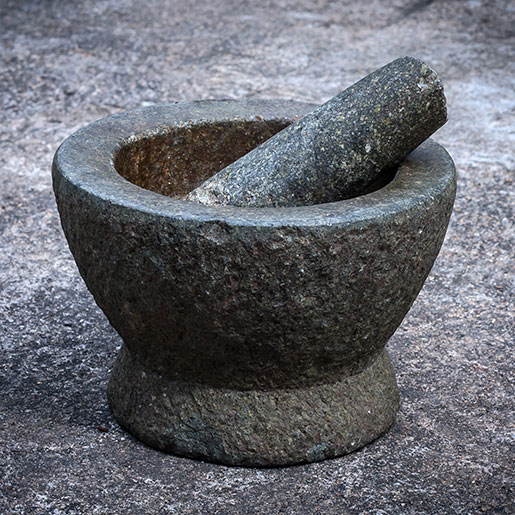The National Center of Complementary and Integrative Health (NCCIH) believes that some Ayurvedic herbal formulations may contain heavy metals that lead to toxicity. The center argues there is little scientific evidence that points to the effectiveness of Ayurveda.
Ayurvedic Medicine: In Depth
Dr. David Shurtleff, Deputy Director of NCCIH, and Dr. Craig Hopp,
Last Updated: January 2019
Is Ayurvedic Medicine Safe?
Some Ayurvedic preparations may contain lead, mercury, or arsenic in amounts that can be toxic.
Is Ayurvedic Medicine Effective?
A few studies suggest that Ayurvedic preparations may reduce pain and increase function in people with osteoarthritis and help manage symptoms in people with type 2 diabetes, but most of these trials are small or not well-designed. There is little scientific evidence on Ayurveda’s value for other health issues.
How much do we know about Ayurvedic medicine?
Although Ayurvedic medicine and its components have been described in many scholarly articles, only a small number of clinical trials using these approaches have been published in Western medical journals. About 240,000 American adults use Ayurvedic medicine.
What Is Ayurvedic Medicine?
The ancient Indian medical system, also known as Ayurveda, is based on ancient writings that rely on a “natural” and holistic approach to physical and mental health. Ayurvedic medicine is one of the world’s oldest medical systems and remains one of India’s traditional health care systems. Ayurvedic treatment combines products (mainly derived from plants, but may also include animal, metal, and mineral), diet, exercise, and lifestyle.
What the Science Says About the Effectiveness of Ayurvedic Medicine
Few well-designed clinical trials and systematic research reviews suggest that Ayurvedic approaches are effective.
- Results from a 2013 clinical trial compared two Ayurvedic formulations of plant extracts against the natural product glucosamine sulfate and the drug celecoxib in 440 people with knee osteoarthritis. All four products provided similar reductions in pain and improvements in function.
- A preliminary and small NCCIH-funded 2011 pilot study with 43 people found that conventional and Ayurvedic treatments for rheumatoid arthritis were similarly effective. The conventional drug tested was methotrexate and the Ayurvedic treatment included 40 herbal compounds.
- Outcomes from a small short-term clinical trial with 89 men and women suggested that a formulation of five Ayurvedic herbs may help people with type 2 diabetes. However, other researchers said inadequate study designs haven’t allowed researchers to develop firm conclusions about Ayurveda for diabetes.
- Turmeric, an herb often used in Ayurvedic preparations, may help with ulcerative colitis, but the two studies reporting this were small – one, published in 2005 included 10 people while the other, published in 2006, had 89.









